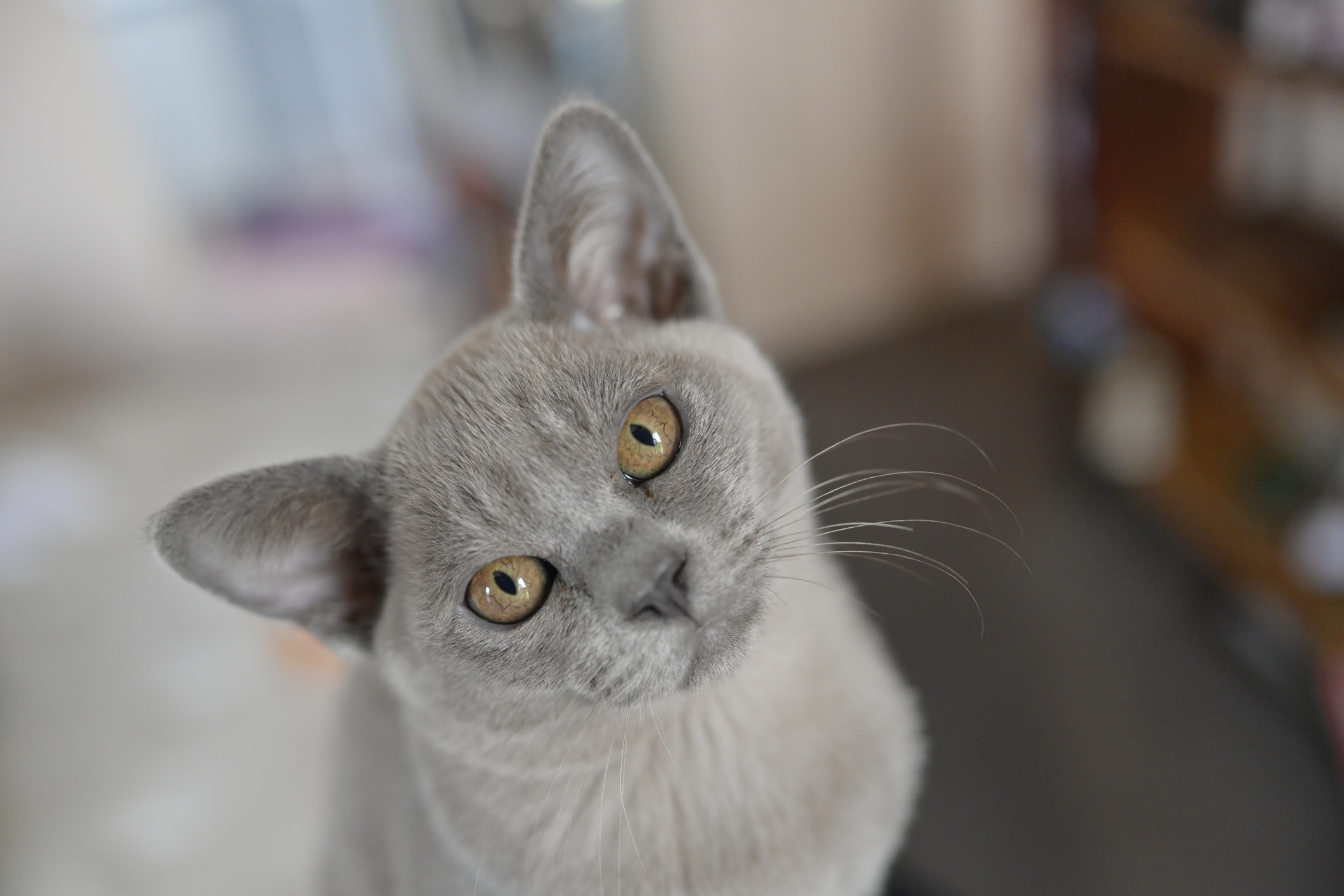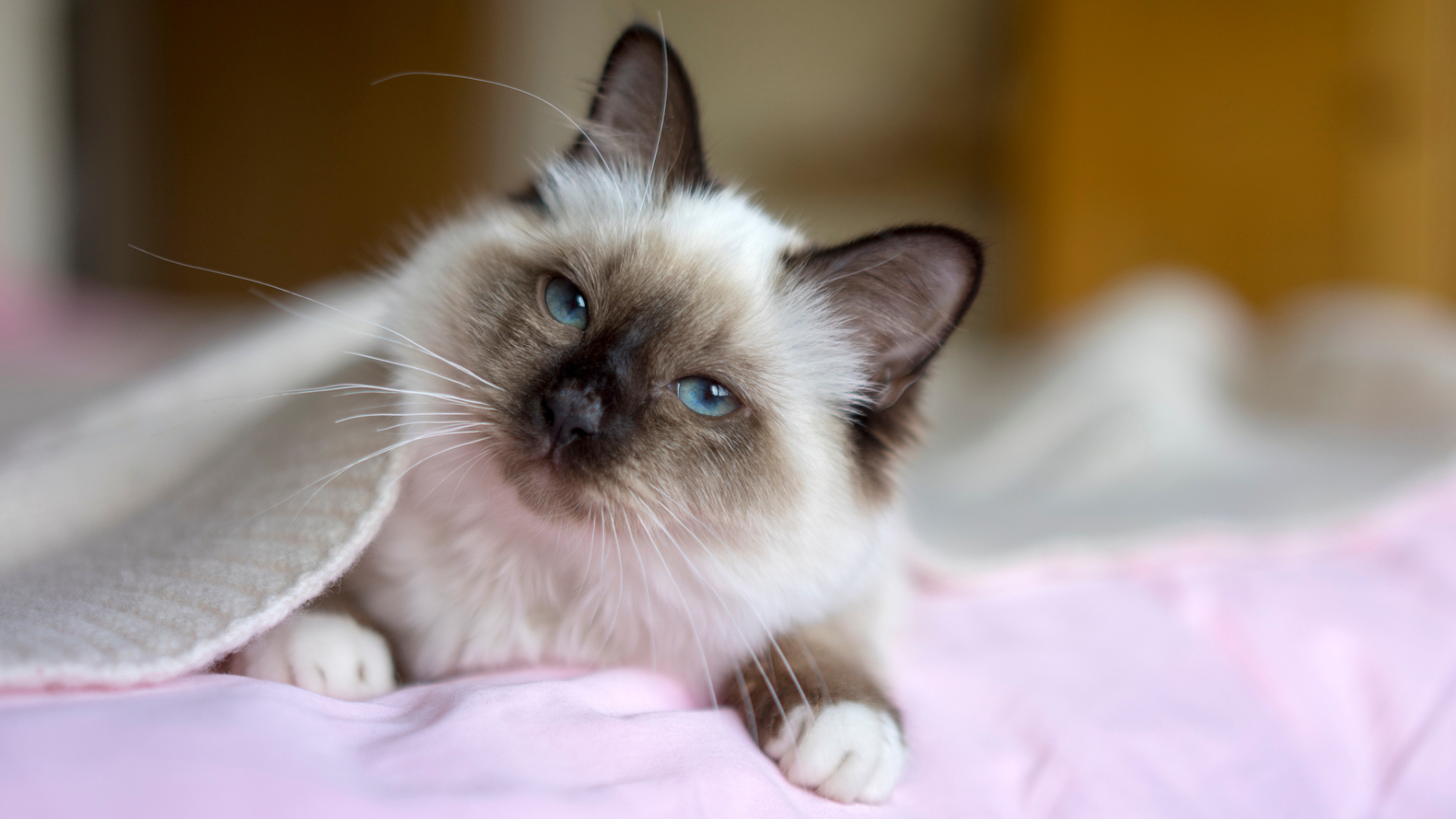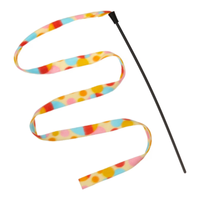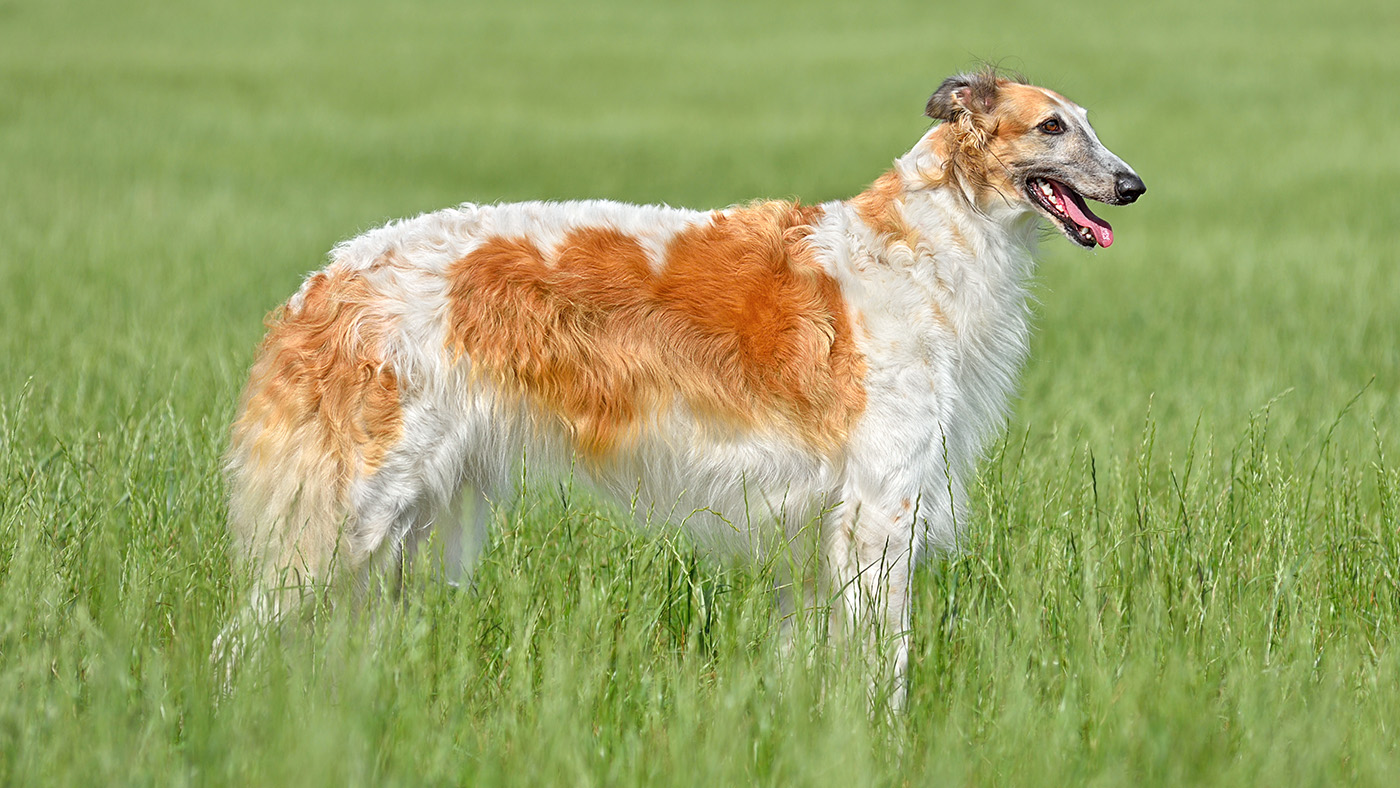New study reveals the longest-living cat breeds (plus the things that decrease life expectancy)
These are the cat breeds that live the longest.

Have you ever wondered what cat breeds live the longest? Well, a recent study has revealed the answer, as well as some other factors that can decrease their life span.
We wish our cats could live forever, but sadly, that's not the case. Whilst things like breed are out of our control, there are some things you can do to keep them healthy, like playing with them regularly using the best cat toys.
The new study, published on May 7 in the Journal of Feline Medicine and Surgery revealed that Burmese cats live the longest with an average life expectancy of 14.42 years.
The research used data from nearly 8,000 cats in primary vet care who died from January 2019 to March 2021. The paper also showed which gender lives the longest, and whether weight and being neutered has an impact.
Let's take a look at the results:
Which cats live the longest?
As previously mentioned, the data showed that Burmese cats have the longest life expectancy. However, birmins were a close second with 14.39 years, and crossbred cats came third with 11.89 years.
Sphynx cats have the shortest life expectancy of just 6.68 years — that's almost half the life of a Burmese cat! Bengals also had one of the shortest of just 8.51 years.
PetsRadar Newsletter
Get the best advice, tips and top tech for your beloved Pets
Here's the full list:
1. Burmese (14.42 years)
2. Birman (14.39 years)
3. Crossbred (11.89 years)
4. Siamese (11.69 years)
5. Persian (10.93 years)
6. Ragdoll (10.31 years)
7. Norwegian Forest Cat (9.95 years)
8. Maine Coon (9.71 years)
9. Russian cats (9.65 years)
10. British cats (9.58 years)
11. Bengal (8.51 years)
12. Sphynx (6.68 years)

We were surprised to find out that female cats live 1.33 years longer than males and that crossbred cats live 1.5 years longer than those that are purebred. The report also showed that neutered cats live longer.
Weight is another factor that can affect a cat's lifespan. According to the research, for every 100g increase or decrease in adult body weight (in comparison to the average weight for that breed and sex), lifespan decreases by 0.02 years.
Are you wondering, 'Is my cat overweight?' The Association for Pet Obesity Prevention says that a healthy cat should weigh between 7.9 to 9.9 kg, but the median weight in this experiment was 12.1 kg.
If you're wondering which countries have the longest life expectancy for cats, the UK was ranked at number one with 11.74 years. The US follows closely behind with 11.18 years, and Japan in third with 4.2 years.
This is the first time a life table has been used to analyze how long cats live.
The article explains: "A life table presents the life expectancy and probability of death at a range of different ages or age groups within a given population.1,7–9. One of the most important features is that the life expectancy (ie, average remaining lifespan) at different ages is estimated by excluding information on cats in the population that has died at a younger age."
Enjoyed this? Read: Do cats actually have 9 lives? and seven things nobody tells you when your pet dies.
Frisco Fabric Teaser Wand Cat Toy
A fun teaser toy that will keep your cat active (plus, it's only $5!) Our tester praised how durable it is and said that her cats loved pouncing after it.

Megan is a Staff Writer at PetsRadar, covering features, reviews, deals, and buying guides. She has a wealth of experience caring for animals, having grown up with dogs, cats, horses, guinea pigs, and more throughout her life. She studied BA Journalism at the University of Westminster, where she specialized in lifestyle journalism and was editor of Smoke Radio’s lifestyle website. Megan works alongside qualified vets and accredited trainers to ensure you get the best advice possible. She is passionate about finding accurate and helpful answers to your pet-related questions.

